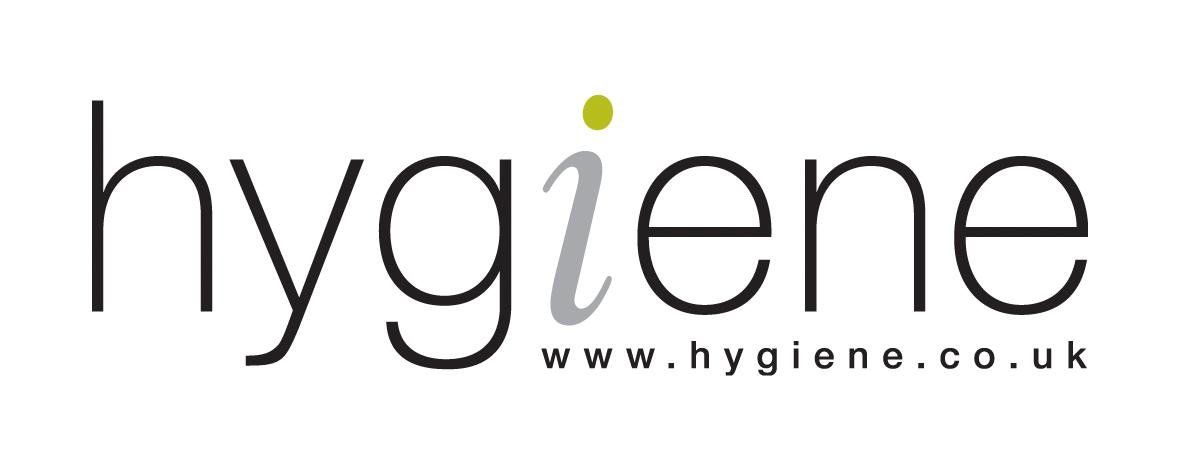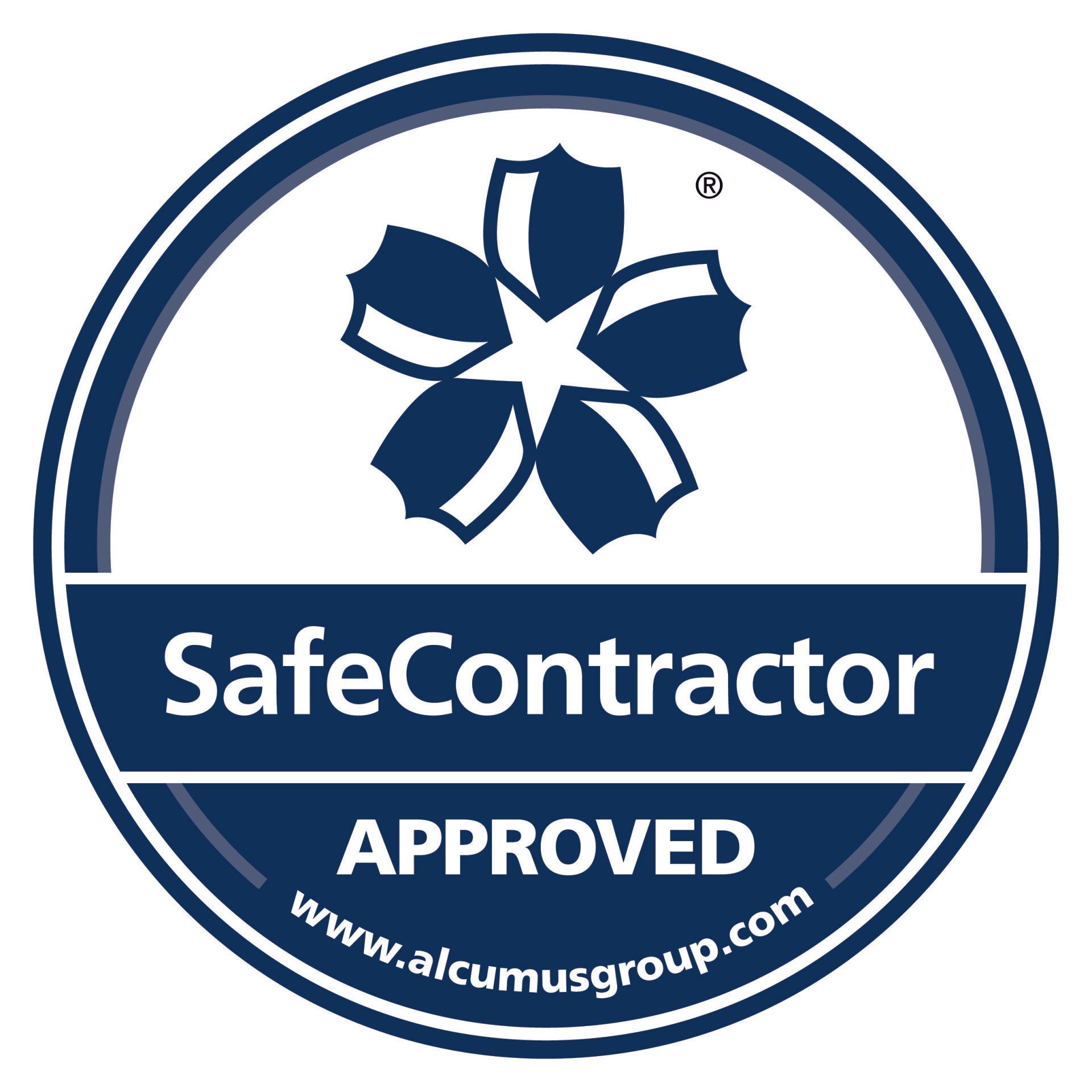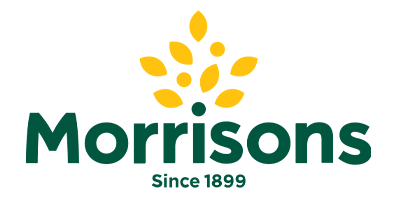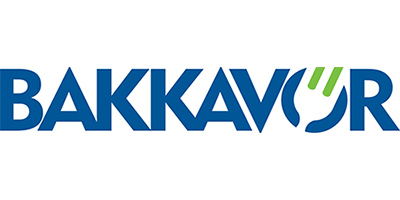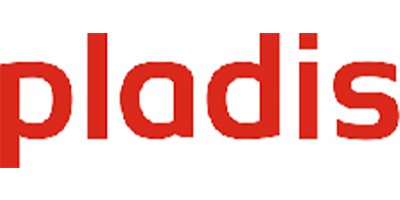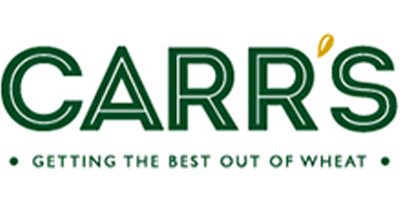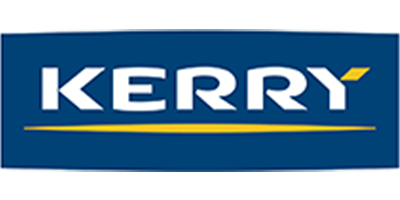Sanitation vs Disinfection: What's the difference?
When it comes to keeping your workplace clean and healthy, it's important to know the difference between sanitation and disinfection. There are many important differences between sanitation and disinfection, but the most fundamental difference is that sanitisation eliminates microbial contaminants while disinfection kills them. Both sanitation and disinfection are necessary for cleanliness and safety, but it's important to understand the distinctions between them to choose the right method for the task at hand.
Key differences between sanitation and disinfection
- Different process
Sanitation and disinfection may seem similar, but they're not the same thing. Disinfection is a more rigorous process than sanitation. Sanitation is the process of removing as much contamination as possible from an object or surface, while disinfection goes a step further by killing any remaining microbes to make sure that your place stays clean for you! In other words, sanitation is the first step in a clean process, while disinfection finishes it all off.
Disinfection and sterilisation are both decontamination processes. While
disinfection is the process of eliminating or reducing harmful microorganisms from inanimate objects and surfaces, sterilization is the process of killing all microorganisms
- Different surfaces
Sanitation and disinfection differ in how they are used on different surfaces. Food manufacturing plants typically use sanitation to clean food contact surfaces, while pharmaceutical plants may use disinfection to clean non-food contact surfaces.
- Sanitation and disinfection are both important food safety practices. Sanitation is the process of cleaning and removing food and dirt from surfaces. This helps to reduce the number of harmful bacteria that can cause illness while disinfection is used to control foodborne illness by killing pathogens that may be present on foods or in the processing environment.
- In a pharmaceutical plant, sanitation is key to preventing the spread of contaminants and germs. All surfaces that come into contact with raw materials, products in production, or finished products must be cleaned and disinfected regularly to ensure the quality and safety of the final product.
- Differ by where to use
We could easily differentiate sanitation and disinfection by where to use them. Commercial disinfection services are typically used in high-risk environments, while sanitation service is appropriate for low-risk ones. Sanitation is important for areas where people will be coming into contact with it, like hospitals and schools. Disinfection is important for surfaces that come into contact with food or other objects that might contain germs, like kitchen counters.
- Different abilities
Sanitation is generally considered to be the more reliable method because it physically removes dirt, debris, and other contaminants from surfaces by using a detergent and water. This helps to reduce the chances of bacteria and viruses surviving on surfaces. Disinfection is less reliable because it only kills bacteria and viruses using strong chemicals or heat that are present on surfaces at the time that it is applied.
Sanitisation takes about 2 minutes to kill 99% of all bacteria, while disinfection kills 99.999% (approximately) in just 10 seconds. That's why pharmaceutical plants rely on disinfectants to clean surfaces that may have been touched - it's essential to quickly reduce the amount of potentially harmful bacteria present.
- Different practices and treatments
Both sanitation and disinfections are varied by different practices like boiling water, using bleach or other disinfectants, and ultraviolet radiation. Sanitation can be done with soap and water or with detergents, which is an easy way to remove dirt while disinfection uses chemicals or UV rays to eliminate the microorganisms.
Food manufacturing plants use sanitation to clean surfaces before disinfection. Pharmaceutical plants use disinfection to clean surfaces before sanitation. This is because food manufacturing plants need to kill any bacteria that may be present on the surface, while pharmaceutical plants only need to stop the growth of bacteria. And disinfected surfaces must be rinsed with water after treatment, while sanitised surfaces can simply be allowed to air dry.
Sanitation alone is not enough to kill all germs and disinfection alone is not enough to remove all dirt and debris. These outbreaks have brought the importance of sanitation and disinfection to the forefront of many people’s minds. To ensure that you are taking all of the necessary precautions to protect your employees and customers, it is important to partner with a company that provides reliable and effective commercial sanitation and disinfection services.
At
Hygiene Group, we provide our clients with the best possible service so that they can rest assured knowing their safety is our top priority. We cater to food manufacturing plants, factories, and pharmaceutical plants for years and understand that every business is different and requires a unique approach when it comes to hygiene. That’s why our team of experts is ready to work with you to create a custom sanitation and disinfection plan that meets your specific needs.
The body content of your post goes here. To edit this text, click on it and delete this default text and start typing your own or paste your own from a different source.
